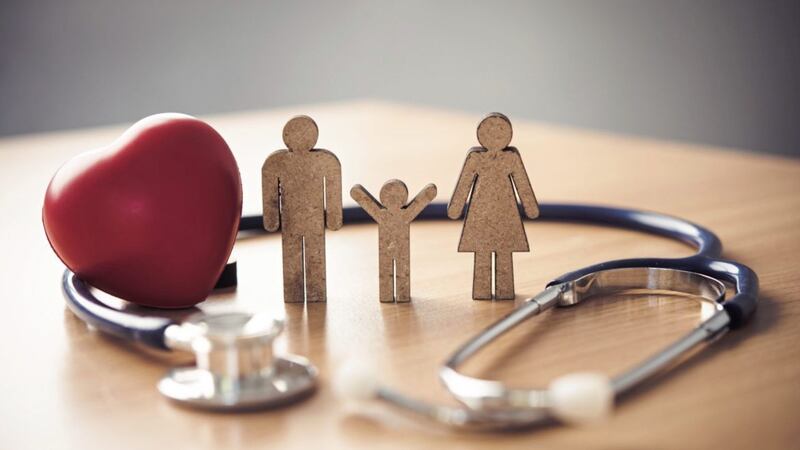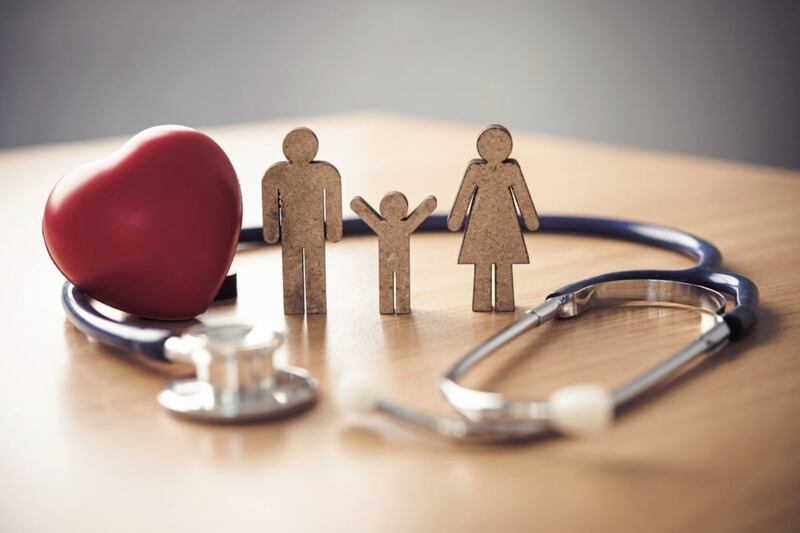SOME interesting news has filtered through this week from the continent, in relation to our ongoing medical emergency.
As of last Wednesday, Germany had 71,808 confirmed cases of the coronavirus, but the interesting thing was that the average age was just 47. Now that may be influenced by where they’re focussing their testing, but still it will come as a surprise to anyone who believed this was particularly an older person’s problem.
Now, the Association of British Insurers (ABI) points out that: “Critical Illnesses are identified under a specific set of criteria and Coronavirus is not a specified Critical Illness under the ABI Guide to Minimum Standards for Critical Illness Cover.”
I mention this, however, because in this column the number 47 has long had another significance. It is the average age, as quoted by the insurer Legal and General, for people being laid low by a critical illness.
The answer to the financial side of these situations is critical illness (CI) insurance cover. CI protects you and your family from the loss of your income, should you have to give up work due to ill-health. It provides a tax-free, lump sum payout in the event that you are diagnosed with a number of specific illnesses or conditions.
While the full list will vary from one policy to another, the core conditions generally covered are cancer, stroke, heart attack, multiple sclerosis, kidney failure, and major organ transplant – although most policies cover much more.
If protecting your family with CI sounds like a good idea, the next question to answer would be: how much critical illness cover do I need?
This is a matter of opinion, but one way of looking at it is this: I’ll cover myself for enough to pay off my mortgage. This would remove a major monthly outgoing, not to mention a major worry, for you and your family, as you get on with the important business of getting well.
Another way of looking at it would be: I’ll cover myself for enough to replace my gross income for two years. In this, if you are a couple, it’s advisable that the calculation should be based on your combined incomes. This is because, when critical illness befalls one earner, their spouse may also have to give up work, at least temporarily, to become their carer. A well-off household can quickly find itself dependent on benefits, during a patient's prolonged period of convalescence.
Unless you have special arrangements with your employer, such as enhanced sick pay, or savings of your own, those benefits could mean you’ll be dependent on Statutory Sick Pay (SSP). This year, that’s just £94.25 per week, paying out for just 28 weeks.
That gives you just over six months to get back on your feet and back into the office, the factory, or, depending on your work, the van, the taxi or the building site. Depending on the severity of your illness and the physical demands of your work, that could be a big ask.
On the other hand, remember, you’re only 47, on average – there’s plenty of life in the old dog yet.
Unless, of course you indulge in any activities deemed to be more dangerous than a vigorous game of tiddlywinks.
The ABI’s list of activities likely not to be covered by CI – their list of ‘common exclusions’ - includes boxing, caving, climbing, horse-racing, jet skiing, martial arts, mountaineering, off-piste skiing, pot-holing, power-boat racing, underwater diving, yacht racing or any race, trial or timed motor sport.
I notice they haven’t included my personal favourite, bungee-jumping, but I’d imagine it will be on most insurers’ lists.
Perhaps it comes under “Taking part in any flying activity, other than as a passenger in a commercially licensed aircraft.”
So while the current global virus epidemic may be taking up all our attention now – and rightly so – let’s not forget there are a number of other critical illnesses that haven’t gone away.
These are conditions where the power is in our hands, and where we can protect ourselves and our family – today!
Michael Kennedy and Shaun Doherty are independent financial advisers and pensions specialists, and can be contacted on (028) 7188 6005. Further information on the ‘Kennedy Independent Financial Advice Ltd’ Facebook page or on www.mkennedyfinancial.com





